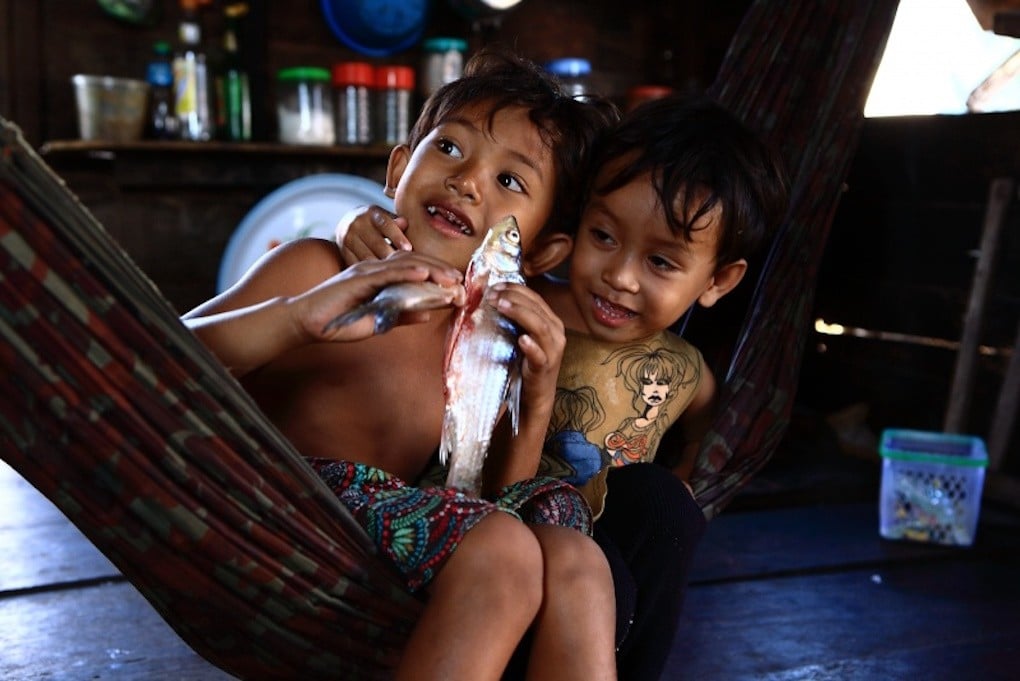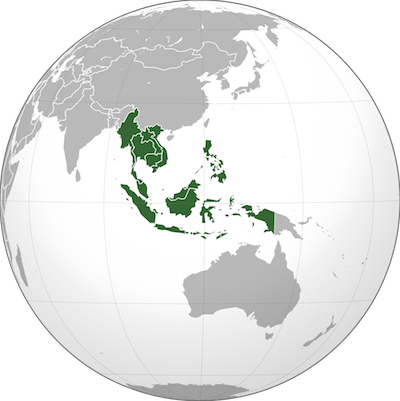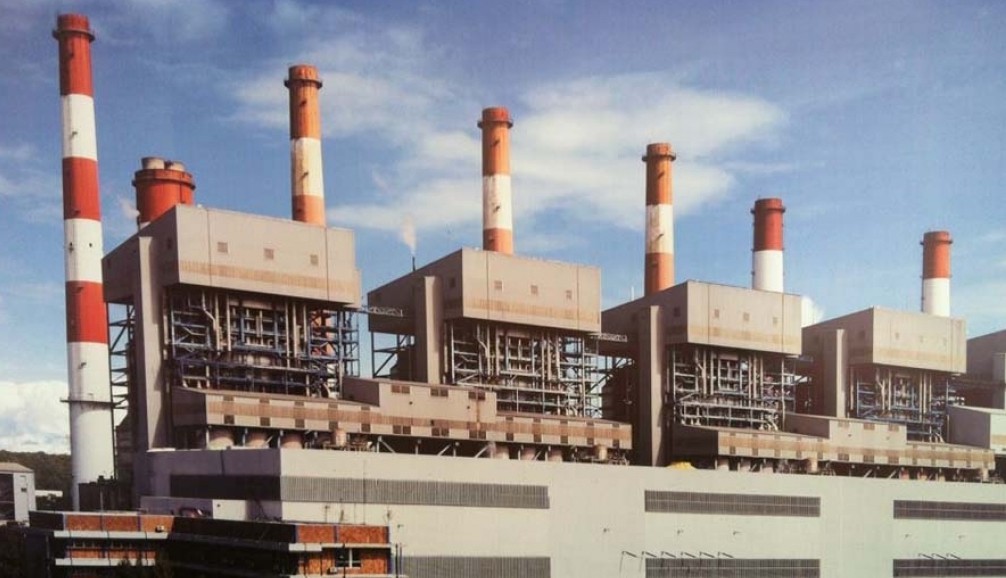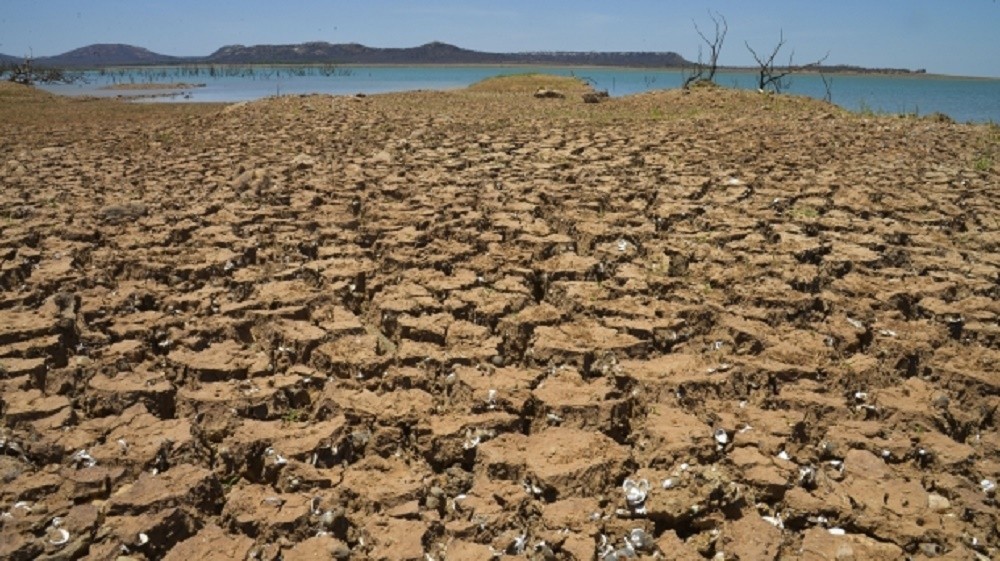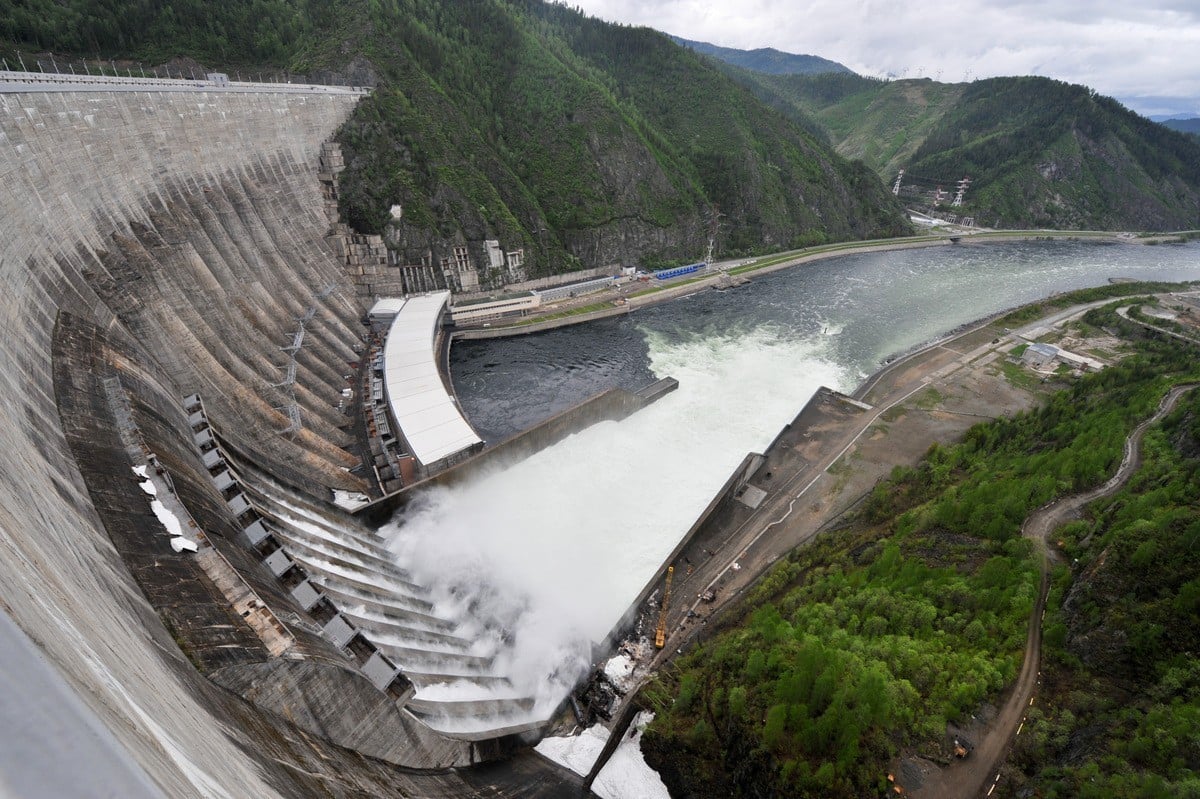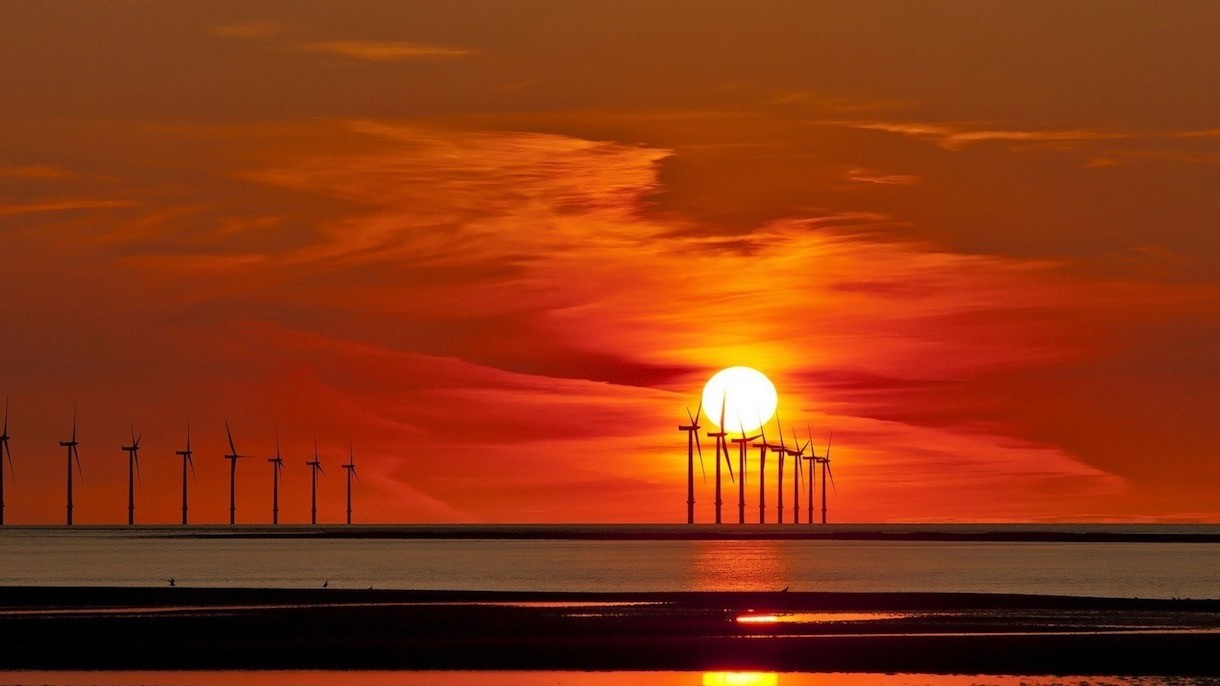Freshwater fish play a surprisingly crucial role in feeding some of the world’s most vulnerable people, according to a study published Monday (Oct. 24) in the Proceedings of the National Academy of Sciences.
“It was eye-opening just how many people are deeply dependent on freshwater fisheries as sources of protein,” says Pete McIntyre, a lead co-author of the study and professor of zoology in the Center for Limnology at the University of Wisconsin–Madison. “Many people in poor nations do not get much animal protein to eat, and freshwater fish provide protein for the nutritional equivalent of 158 million people around the world.”


